To provide the best experiences, we use technologies like cookies to store and/or access device information. Consenting to these technologies will allow us to process data such as browsing behaviour or unique IDs on this site. Not consenting or withdrawing consent, may adversely affect certain features and functions.
The technical storage or access is strictly necessary for the legitimate purpose of enabling the use of a specific service explicitly requested by the subscriber or user, or for the sole purpose of carrying out the transmission of a communication over an electronic communications network.
The technical storage or access is necessary for the legitimate purpose of storing preferences that are not requested by the subscriber or user.
The technical storage or access that is used exclusively for statistical purposes.
The technical storage or access that is used exclusively for anonymous statistical purposes. Without a subpoena, voluntary compliance on the part of your Internet Service Provider, or additional records from a third party, information stored or retrieved for this purpose alone cannot usually be used to identify you.
The technical storage or access is required to create user profiles to send advertising, or to track the user on a website or across several websites for similar marketing purposes.
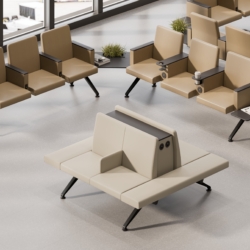 Creating comfortable and stress-free environments for travellers has never been more crucial. Ensuring traveller relaxation is paramount. Kusch+Co is at the forefront of this effort, offering a range of products designed to enhance the airport experience and provide much-needed comfort for travellers. As a leader in furnishing travel environments, Kusch+Co has been instrumental in achieving this goal. Their furniture can be found in over 260 international airports worldwide, making Kusch+Co a trusted name in airport seating and lounge solutions. (more…)
Creating comfortable and stress-free environments for travellers has never been more crucial. Ensuring traveller relaxation is paramount. Kusch+Co is at the forefront of this effort, offering a range of products designed to enhance the airport experience and provide much-needed comfort for travellers. As a leader in furnishing travel environments, Kusch+Co has been instrumental in achieving this goal. Their furniture can be found in over 260 international airports worldwide, making Kusch+Co a trusted name in airport seating and lounge solutions. (more…)






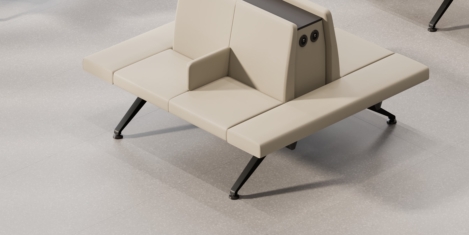







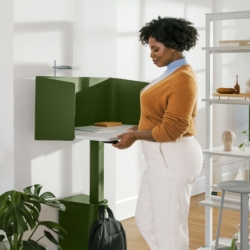


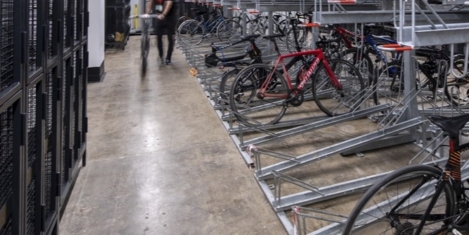
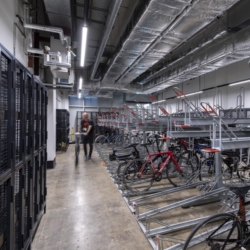

















August 28, 2024
How younger generations are redefining workplace exits
by Katherine Loranger • Comment, Workplace